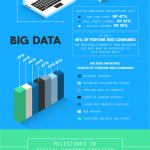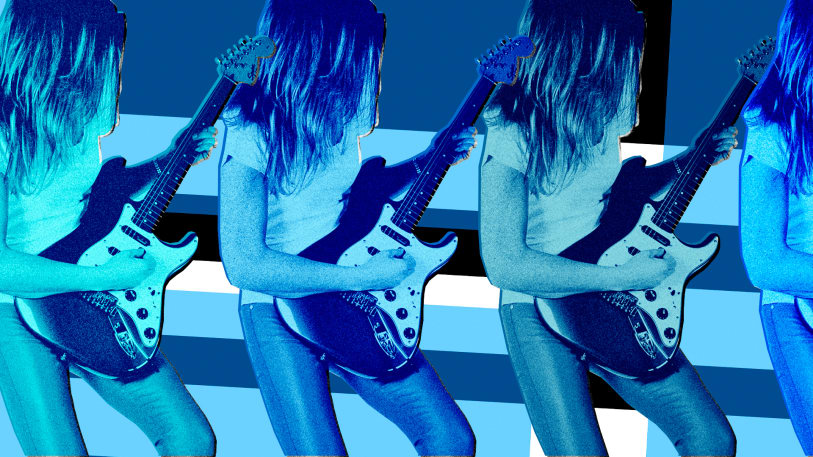Why The Music Industry Is A Model For Every Business
This is the sixth essay in our series of 10 Lessons From 10 Years Of The World’s Most Innovative Companies.
When I first started listening to music, it was on vinyl records. Then we used cassette tapes—source of the first mix tapes—and, yes, we would copy each others’ albums without paying any royalties. Next came CDs, followed by digital downloads. And now, of course, we’re all streaming.
It seems like a natural progression, in hindsight. But it wasn’t. Each format shift was a battle, and no one knew how it would turn out. What was worth investing in, and what could you wait out? (My in-laws still have an 8-track player. Anyone want it?)
Airbnb recognized, though, that a new generation—more adventurous, interested in personal interaction and community—was bored with the established options. Taking on decades of standardized experience, Airbnb deployed modern technology and inviting user-experience techniques. And the extra kick: Airbnb’s sharing-economy attributes offered both economic benefits and a sustainability narrative that provided an emotional counterpoint to the more anodyne hotel industry. And the business took off.
Airbnb has tapped into an unmet need (and copycats have emerged), but its long-term success isn’t assured yet, particularly at the level that the company’s multi-billion-dollar valuation implies. To conquer the full market, it will have to meet the same need that Holiday Inn did: predictability. Our cultural habits have begun to shift, just as they have with music and cashless payments, but tough obstacles still linger. For all of our technological advances, the human element remains the ultimate challenge.
(21)














